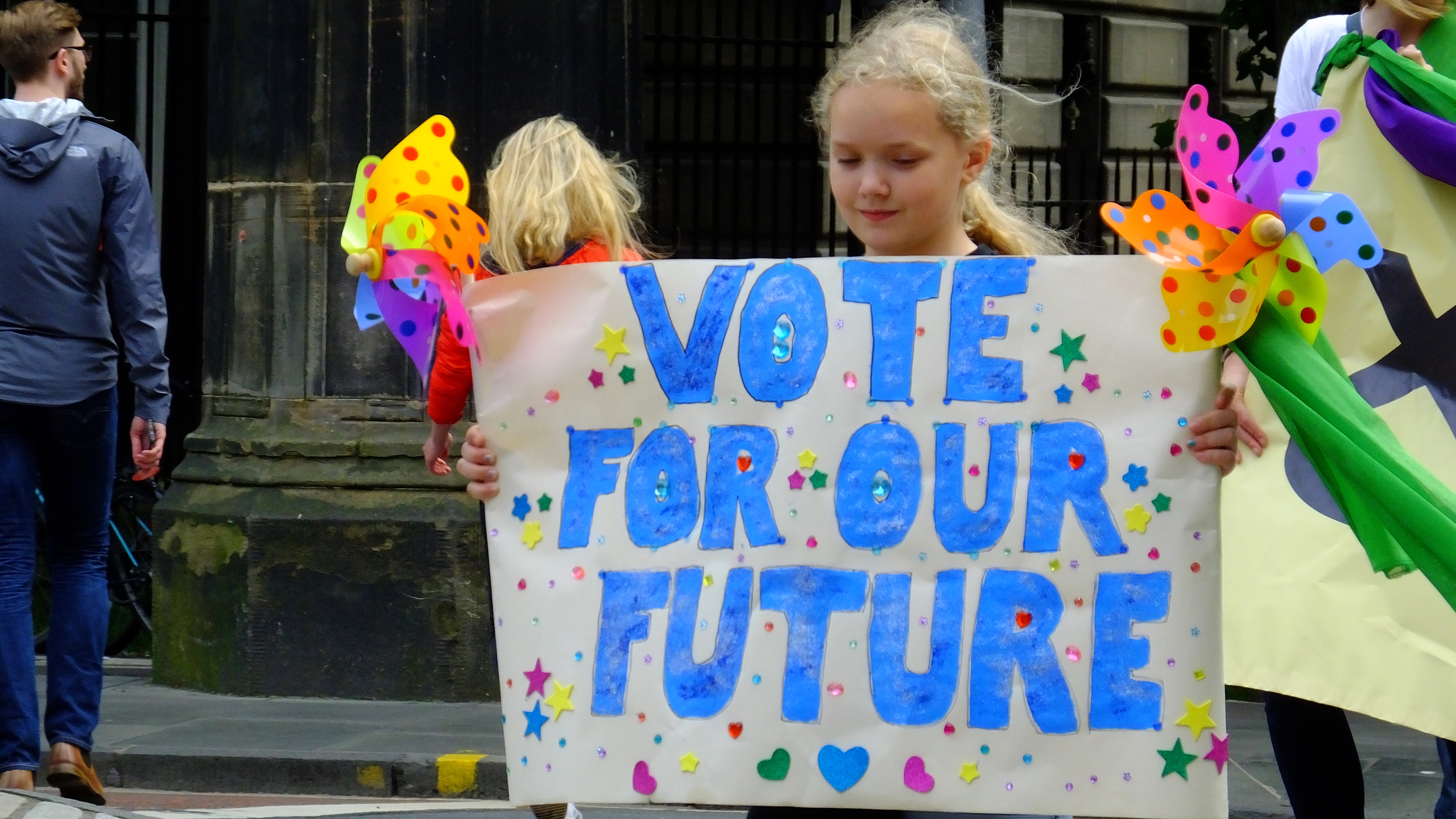
Despite decades of the Right claiming that work is the route out of poverty, a significant number of families on low incomes, even those with a parent in work, are trapped in a cycle of hardship.
The cap on means‑tested support for a third or subsequent child (the two‑child cap) is a vivid example of this. Introduced in 2017 by the Tories, it has been continued by Labour in government.
The cap prevents households on certain benefits from claiming the full ‘child element’ of Universal Credit (or equivalent) for any child after the second one. Research has shown that this is increasing child poverty: the Resolution Foundation forecasts child poverty after housing costs rising from about 31 % in 2024‑25 to 34 % by 2029‑30 due to the policy, and that by scrapping the cap 330,000 children could be lifted out of poverty.
A policy that reduced the ‘welfare bill’ by cutting support for children undermines the principle of social security and helping those most in need. It adds to the inequality for parents are in part time work or have ‘zero hour’ contracts, or those with caring responsibilities.
Cutting support for children in poorer families also has an impact on those children for their whole lives as it can reduce social mobility - poorer childhoods often translate into worse health, education and employment outcomes.
In the Green Party we want to remove this punitive cap and ensure benefit systems treat all children with dignity: guarantee a living wage for parents (and everyone else) and support vital public services, often most used by those raising children on lower incomes. Welfare should be stabilising, not restrictive. Coupled with investment in affordable housing, insulation and social infrastructure these policies create an environment where families, on all incomes, can thrive.
By contrast, the approach from the Right and, unfortunately, Labour, tends to emphasise employment and the ‘free market’ while keeping welfare safety nets tightly restrictive and hard to claim. The two‑child cap is a clear example of this: it expects work or market income to compensate for the benefit loss, but fails to account for other cost pressures or insecure employment. As a result it has disproportionately impacted larger families on low incomes (many of whom are working) and increased poverty.
This is a fundamental problem when any policy, and any government, prioritises reducing spending over reversing inequality. Greens reject this. Governments should exist for the wellbeing of the people and the protection of the poorest and most vulnerable.